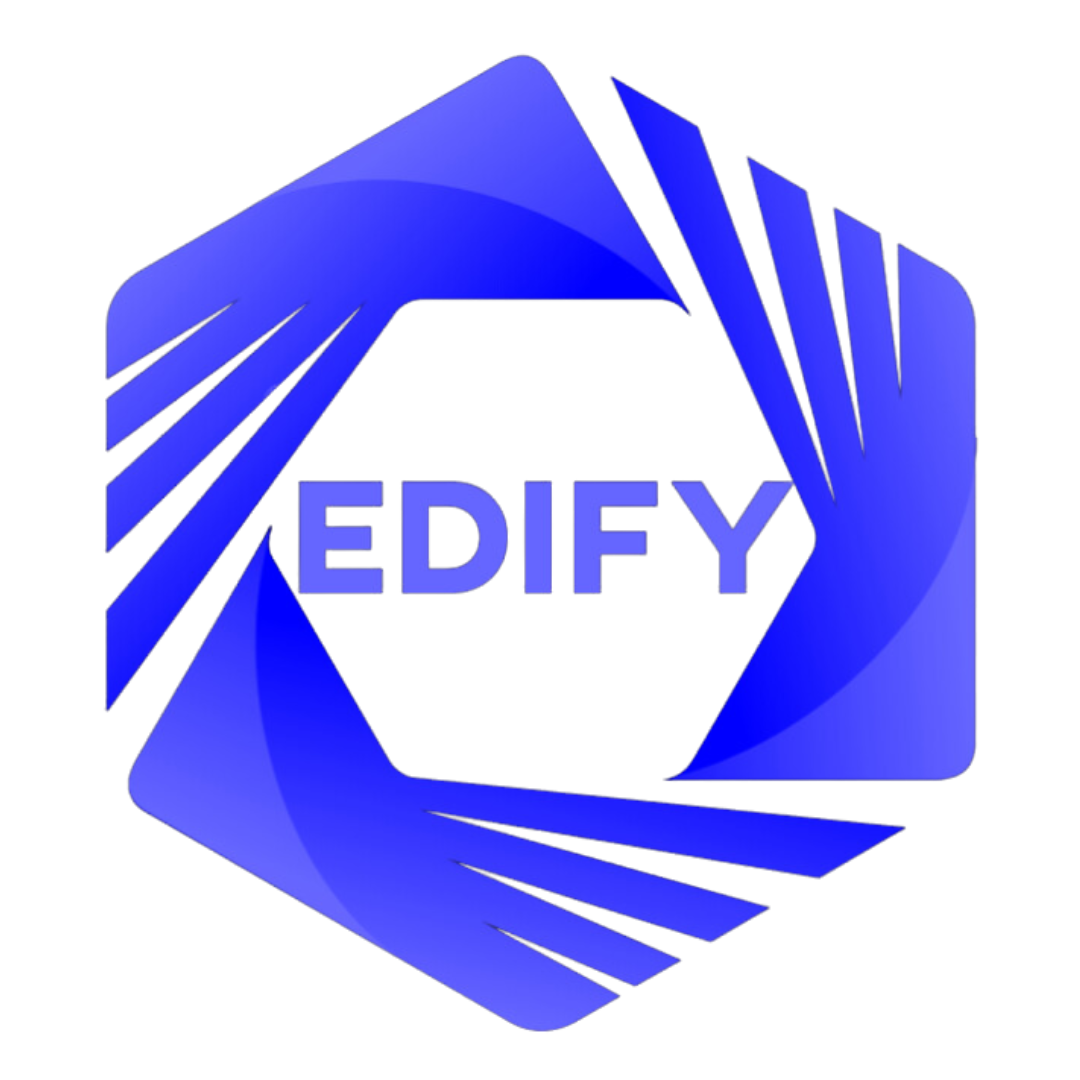See below
Add Maths
The Additional Mathematics (Add Maths) course is an advanced mathematics subject typically offered at the high school level. It focuses on deepening students’ understanding of mathematical concepts, including algebra, calculus, geometry, trigonometry, and probability. The course aims to develop problem-solving skills, critical thinking, and mathematical reasoning, preparing students for further studies in fields such as engineering, physics, and computer science. It is designed for students who have a strong foundation in mathematics and wish to challenge themselves with more complex topics.
Math
The Mathematics course covers a broad range of mathematical concepts, including arithmetic, algebra, geometry, statistics, and calculus. It focuses on developing problem-solving, logical reasoning, and analytical skills. Students learn to apply mathematical principles to real-world situations and gain a strong foundation for further studies in science, engineering, economics, and various other fields. The course is designed to enhance critical thinking and numeracy, equipping students with the skills needed to tackle complex mathematical challenges.
Principles of Business
The Principles of Business (POB) course introduces students to the fundamentals of business concepts and practices. It covers topics such as entrepreneurship, marketing, management, finance, and the economic environment. The course aims to develop an understanding of how businesses operate, make decisions, and respond to challenges in both local and global markets. It is designed for students interested in pursuing careers in business, management, or related fields, and equips them with essential skills for understanding the dynamics of the business world.
English
The English course focuses on developing students’ language skills in reading, writing, listening, and speaking. It covers a range of topics, including literature, grammar, vocabulary, composition, and communication techniques. The course aims to improve students’ ability to analyze texts, express ideas clearly, and engage in effective verbal and written communication. It is designed to enhance both academic and practical language skills, preparing students for further education, professional environments, and everyday interactions.
Physics
The Physics course explores the fundamental principles of the physical world, including topics such as motion, energy, forces, electricity, magnetism, waves, and modern physics. It emphasizes scientific inquiry, experimentation, and problem-solving, helping students develop a deeper understanding of how natural phenomena work. The course is designed to build critical thinking and analytical skills, preparing students for further studies in science, engineering, and technology, as well as fostering a greater appreciation of the laws governing the universe.
Biology
The Biology course explores the science of life, covering topics such as cell structure, genetics, evolution, ecology, human biology, and plant systems. Students learn about the processes that sustain life, from molecular biology to ecosystems, and develop skills in scientific inquiry and experimentation. The course aims to deepen students’ understanding of living organisms and their interactions with the environment, providing a strong foundation for careers in healthcare, research, environmental science, and other life sciences fields.
Chemistry
The Chemistry course focuses on the study of matter, its properties, structure, and the reactions it undergoes. Topics include atomic theory, chemical bonding, stoichiometry, acids and bases, organic chemistry, and thermodynamics. Through experiments and theoretical learning, students explore how chemical principles apply to everyday life, the environment, and industrial processes. The course develops critical thinking and problem-solving skills, preparing students for careers in science, medicine, engineering, and research.
Technical Drawing
The Technical Drawing course teaches students how to create precise, detailed visual representations of objects and structures using standardized drawing techniques. Topics include geometric construction, orthographic projection, isometric drawing, and computer-aided design (CAD). The course focuses on developing skills in interpreting and producing technical diagrams used in engineering, architecture, and design. It aims to equip students with the ability to communicate technical information clearly and accurately, preparing them for careers in fields like engineering, architecture, and product design.
